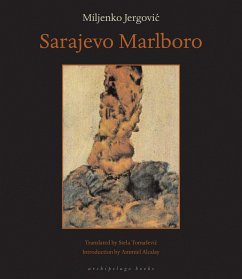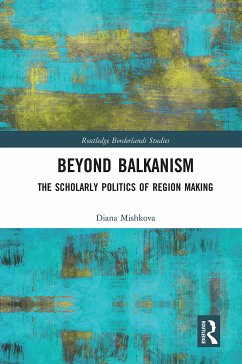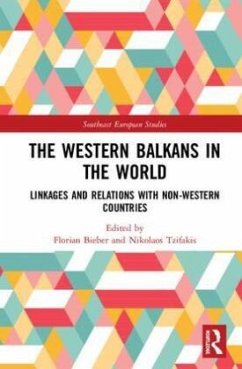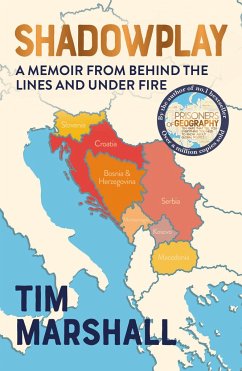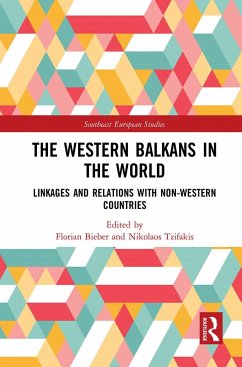
Intangible Cultural Heritage and Reconciliation in the Western Balkans
An Anthropological Perspective
Versandkostenfrei!
Versandfertig in 6-10 Tagen
154,99 €
inkl. MwSt.
Weitere Ausgaben:

PAYBACK Punkte
77 °P sammeln!
This book considers the sensitive heritage elements linked to the very issue of the origins of nations. Beliefs, rituals, and traditional knowledge are examples of intangible cultural heritage (ICH), which communities globally regard as the core of their cultural identity. When it is unclear which element of heritage "belongs" to whom, like in the Western Balkans, where the majority of heritage elements are shared, ICH disputes exacerbate conflict. Its mishandling is especially acute when minority heritage is excluded from governmental cultural policies. With a focus on Serbia, Croatia, Bosnia...
This book considers the sensitive heritage elements linked to the very issue of the origins of nations. Beliefs, rituals, and traditional knowledge are examples of intangible cultural heritage (ICH), which communities globally regard as the core of their cultural identity. When it is unclear which element of heritage "belongs" to whom, like in the Western Balkans, where the majority of heritage elements are shared, ICH disputes exacerbate conflict. Its mishandling is especially acute when minority heritage is excluded from governmental cultural policies. With a focus on Serbia, Croatia, Bosnia and Herzegovina, and Montenegro, this book has a global thematic scope, theoretical depth, and policy relevance to the scholars of anthropology and heritage studies as well as to those interested in cultural diversity, human rights, and cultural and educational policies. It will serve as a guide for those who professionally use cultural heritage, or want to start doing so, in the processes of reconciliation, stabilization, and development.






